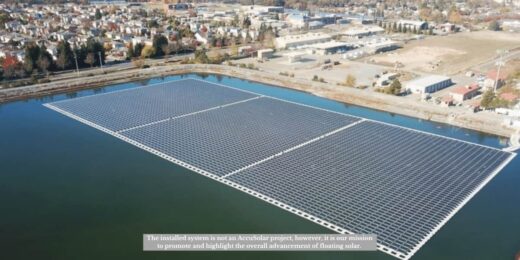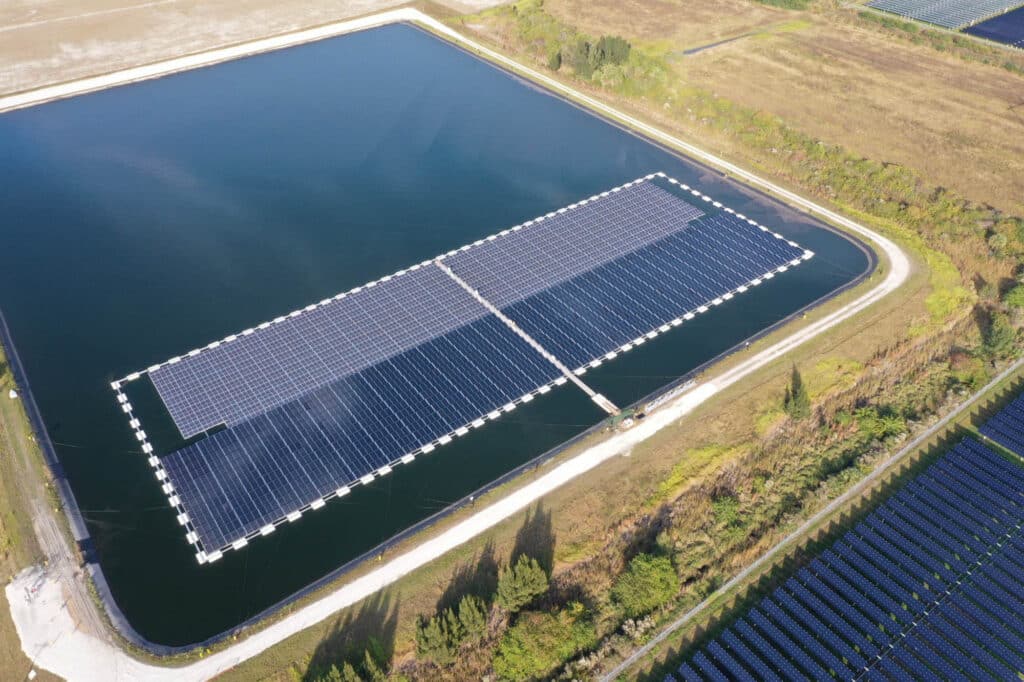Habitat loss is a critical threat to our planet. As natural areas are destroyed or degraded, the plants and animals that inhabit them are displaced or vanish entirely. This shrinking tapestry of life throws ecosystems off balance, jeopardizing the natural services we rely on for clean air, water, and a healthy climate. But there’s hope! We can turn the tide with innovative solutions to habitat loss, such as floating solar panels, which provide clean energy without sacrificing precious land.
Protecting Our Planet
Forests, wetlands, and grasslands are vanishing at alarming rates, dragging countless species crucial to their ecosystems along with them. Forests, home to 80% of the world’s land creatures, are being chopped down at an alarming rate, pushing countless species to the brink of extinction. The removal of trees not only disrupts ecosystems but also has a trickle-down effect on oxygen emissions. Trees play a vital role in producing oxygen and absorbing carbon dioxide, so their loss contributes to reduced air quality and exacerbates climate change.
Wetlands, which act as Earth’s natural water purifiers, flood protectors, and carbon storage units, are vanishing three times faster than forests. The loss of these ecosystems is not just a tragedy for wildlife; it’s a threat to our own well-being. Millions of people depend on these delicate habitats for their livelihoods and survival. It’s critical to take action to protect these irreplaceable wonders, for the health of our planet and our own well-being.
The Environmental Impact of Traditional Solar Farms: How to Stop Habitat Loss
In the race to combat climate change, renewable energy is our champion, and solar power shines brightly on the frontlines. But there’s a hurdle ahead! While solar farms offer the promise of a sustainable future, traditional ones can be land-hungry, consuming vast areas that disrupt ecosystems and displace wildlife. This land grab can encroach on valuable farmland or conservation areas, intensifying the conflict between clean energy needs and habitat preservation. In densely populated cities, this clash becomes even more pronounced, creating a tightrope walk between progress and preservation.
Floating Solar Panels: Solutions to Habitat Loss
Floating solar panels on the other hand present a promising solution on how to stop habitat loss. By utilizing the surface areas of reservoirs, lakes, and retention ponds, these panels eliminate the need to clear forests or convert valuable farmland for clean energy production.
The floating solar arrays act as environmental guardians, shading the water and reducing evaporation rates – a crucial advantage in drought-prone regions. This not only conserves water but also helps maintain cooler water temperatures, creating a healthier habitat for aquatic life. Floating solar promotes clean energy generation in harmony with environmental protection.
Final Thoughts
The world’s incredible variety of life and the natural services ecosystems provide are under immense pressure from habitat loss. However, innovative solutions like floating solar panels offer a glimmer of hope as far as solutions to habitat loss. For information on AccuSolar’s floating solar systems get in touch with one of our experts.





